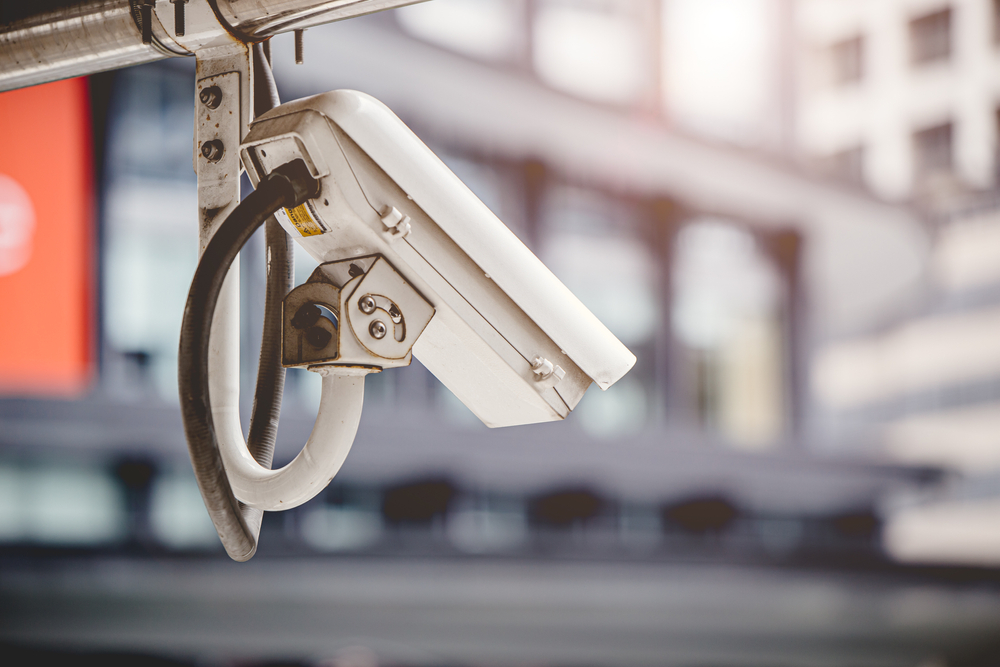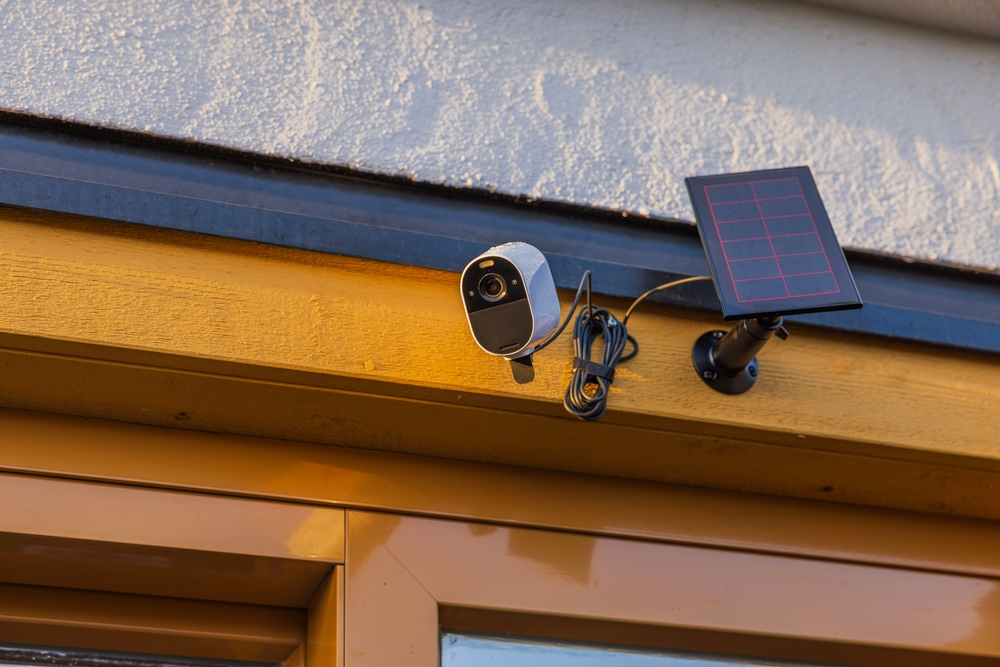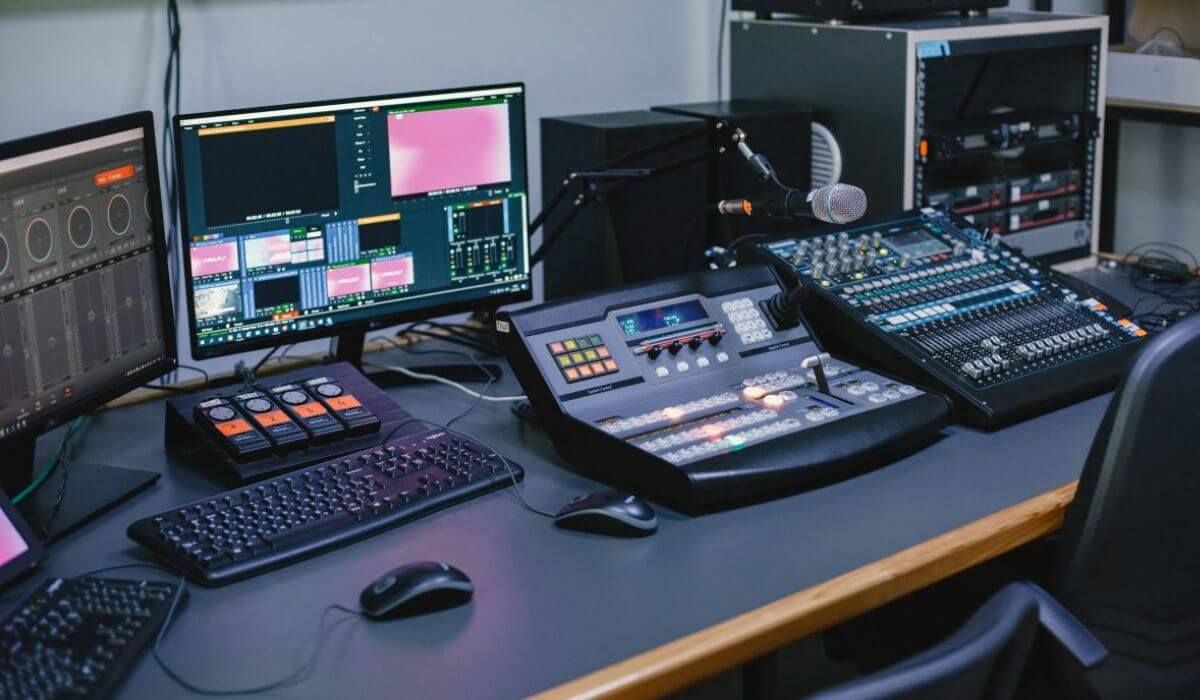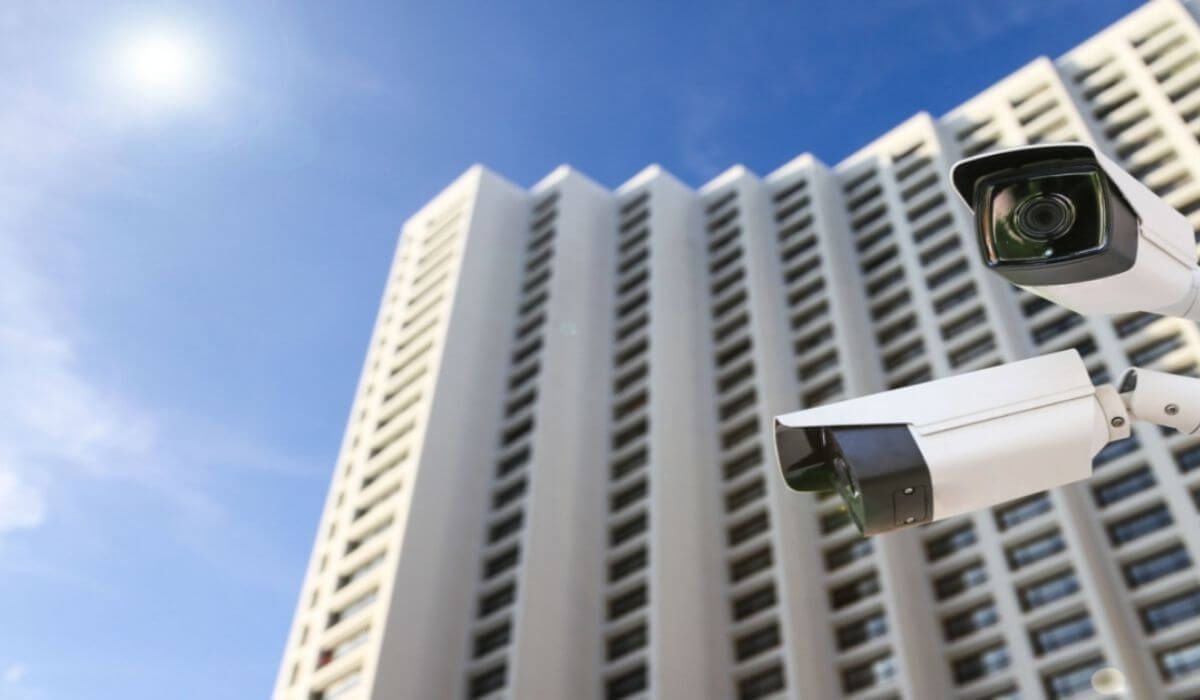More Maintenance Tips for Solar Security Cameras
Solar security cameras have become a go-to solution for reliable, energy-efficient surveillance across Australia. But to truly maximise their lifespan and performance, beyond basic cleaning and positioning, there’s a deeper level of care you shouldn’t overlook.
In this guide, we’ll explore essential maintenance strategies - from monitoring battery health to managing seasonal impacts - that ensure your solar cameras stay ready to protect your home or business year-round.
You can check out the first part of this guide here.
Monitoring Battery Health
The heart of your solar camera system lies in its battery. It stores solar energy collected during daylight, powering the camera during nighttime or cloudy periods.
Here's what you should do:
- Regularly check battery status through the camera's mobile app or desktop interface. Most solar cameras offer battery percentage readings and charge cycles.
- Look out for warning signs like reduced performance, longer charging times, or physical swelling of the battery casing - all indicators it might be time for a replacement.
- Invest in quality replacements. If you need to swap batteries, always choose manufacturer-approved or high-quality options to maintain optimal camera performance and safety.
Tip: Set a quarterly reminder to check battery health alongside your general device inspection!

Protecting Against Weather Elements
Australia's diverse climate - from coastal humidity to desert dryness - demands that solar security cameras be tough. But even rugged designs need ongoing protection.
Protective steps to take:
- Verify the camera’s weatherproof rating. Ideally, your unit should be at least IP66-rated, meaning it’s dust-tight and protected against powerful water jets.
- Inspect the camera housing. Check for cracks, loose seals, or moisture inside the lens or casing.
- Add protective covers or use weatherproof enclosures, especially in areas prone to heavy storms, hail, or extreme heat.
- Monitor for Temperature Extremes. High heat can cause internal components to overheat, leading to malfunctions, while cold temperatures can affect battery performance and image quality.
Pro Insight: After major storms or significant temperature fluctuations, conduct a quick inspection of your security cameras. Check for any physical damage, water ingress, or debris accumulation. Regular maintenance helps identify and address minor issues before they escalate into costly repairs.
Addressing Connectivity Issues
A security camera system is only as reliable as its connection. Even the best solar-powered security camera becomes ineffective if it can’t transmit footage in real time. Poor connectivity leads to delays in alerts, patchy recordings, or total blackouts in critical moments - issues no homeowner or business can afford.
Best practices for network stability:
- Regularly test the Wi-Fi or network link. Most apps will notify you of weak signals or dropped footage.
- Check for firmware updates through the camera’s app or website. Manufacturers often release patches that improve connectivity or fix bugs.
- Enhance your signal by relocating your Wi-Fi router closer, or investing in a signal booster if your camera is far from the house.
- Choose the Right Camera for Your Network: Not all cameras handle bandwidth the same way. If you have a limited internet plan or share your connection with multiple devices, choose a solar camera that offers flexible resolution settings or smart data compression (e.g., H.265 encoding). This way, your system won’t overload your bandwidth during peak hours.
Remember: Strong connectivity not only improves video quality but also speeds up mobile alerts and cloud uploads, boosting your security overall.
Seasonal Maintenance Considerations
Every season brings different challenges for solar security cameras - and a smart maintenance schedule adapts accordingly.
Seasonal tips:
- Spring: Clear off pollen, dust, or tree sap buildup on solar panels and lenses. Check for nests or insect build-up around the camera housing, as these can obstruct views and damage components.
- Summer: Inspect for heat stress or UV damage to plastics and cables. Make sure that camera housings are well-ventilated to prevent heat build-up.
- Autumn: Trim any fast-growing trees or shrubs that might block solar panels or the camera's field of view. Ensure that all seals are intact to prevent water ingress during increased rainfall.
- Winter: Brush off snow or ice that may cover the solar panels. Ensure cold temperatures haven’t caused seals or housings to crack. Inspect the camera housing for signs of condensation or water entry, which can damage internal components.
By syncing your maintenance habits with the seasons, you’ll prevent minor environmental factors from escalating into major system failures.

Professional Maintenance and Support
Sometimes, even the most diligent DIY maintenance isn't enough. Recognizing when to call in professionals can save time, protect your warranty, and extend the life of your equipment.
When to seek help:
- Persistent connectivity issues that basic troubleshooting can’t fix.
- Suspected internal battery damage or corrosion.
- Camera angle, coverage, or automation issues requiring expert recalibration.
Benefits of professional support:
- Expert inspections catch issues early.
- Firmware management and advanced troubleshooting keep devices updated and secure.
- Warranty compliance ensures any necessary repairs or replacements don’t void manufacturer support.
At Scavi, our team specialises in security camera maintenance, ensuring your solar security system continues to deliver exceptional performance no matter the challenges.
Conclusion
Taking a proactive approach to maintaining your solar security cameras is crucial for long-term reliability. From monitoring battery health to handling seasonal shifts and network optimization, these strategies help your system remain a powerful, uninterrupted shield for your property.
Looking for expert maintenance or a fresh upgrade? Scavi’s professional team is ready to assist you - helping you get the most from your solar security investment. Contact us today for a consultation!



